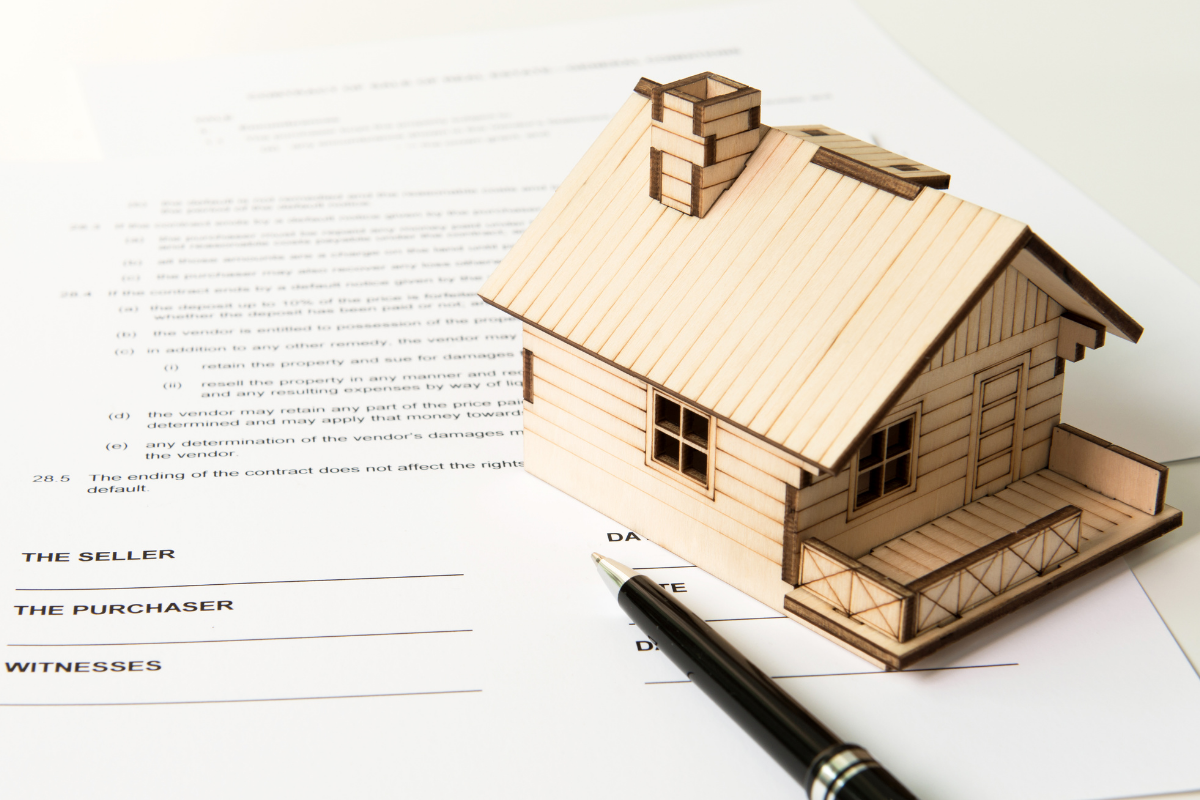Under Florida law, an unrecorded deed that is notarized and delivered, will be valid as between the parties (the grantor and grantee). However, as far as creditors or purchasers, an unrecorded deed is void because there was no notice of the transaction. Deeds are usually recorded upon execution as a practical matter to avoid any future ownership issues.
Why Should a Deed be Recorded in Florida?
Although a deed’s validity may not rely on whether the deed is recorded, recording a deed comes with its benefit and protections. Recording is the act of placing a document, such as a deed, into official county records. This provides a traceable chain of title that becomes helpful in the event there is a dispute between parties with competing claims to a property.
What are Florida’s Recording Requirements?
Per Florida statute § 695.26, in order for the recording to be valid, a deed must:
- Contain the property’s current owners (grantors) and new owners (grantees) names and mailing address;
- Include a prepared byprovision that states the name and address of the natural person that prepared the deed (as opposed to an organization);
- Be signed by each current owner and witness; and
- Be properly notarized.
The statute also requires the deed to have a three-inch square on the top right-hand corner of the first page of each document as well as a one-inch by three-inch square blank space on the top right-hand corner of each subsequent page of the document.
Can a Mistake be Corrected in a Recorded Deed in Florida?
An error such as a typographical mistake or omission in sections of an original deed may be corrected with a “corrective deed.” A corrective deed must have the same necessary elements for a legal conveyance present in order to be valid. This is the signature of the deed by the grantor in the presence of two witnesses, signature of the witnesses and proper notarization.
Is Florida a Notice State?
Yes, Florida statute §695.01 provides that under Florida law, a subsequent buyer who purchases real property without notice of a prior mortgage, will prevail against the prior buyer. By recording a conveyance of real property, this places creditors and subsequent purchasers on what is called “constructive notice” of the prior conveyance.



One Response
My husband and I refinanced a new loan in September of 2021. The main purpose was to add my name to the Deed so if he died I’d avoid Probate. The bank never did a new deed. My husband died 6 weeks later and now I don’t legally own our home. The original deed from 2002 says he’s a sine man. The bank won’t fix the error it admit they screwed up.
I’m on all the mortgage papers as a co borrower. I do not want to go thru Probate not should I. Someone help me!!